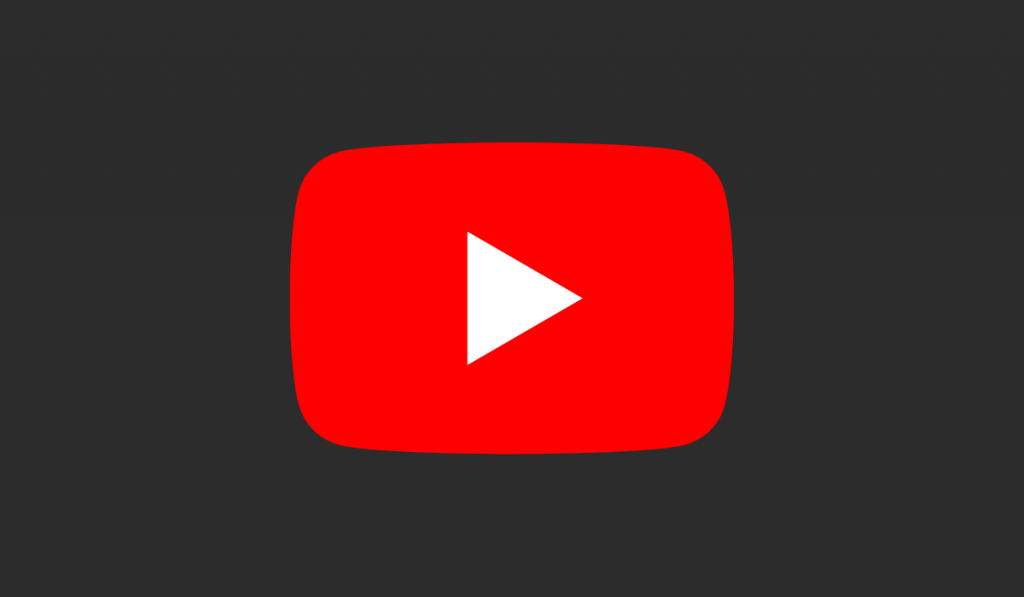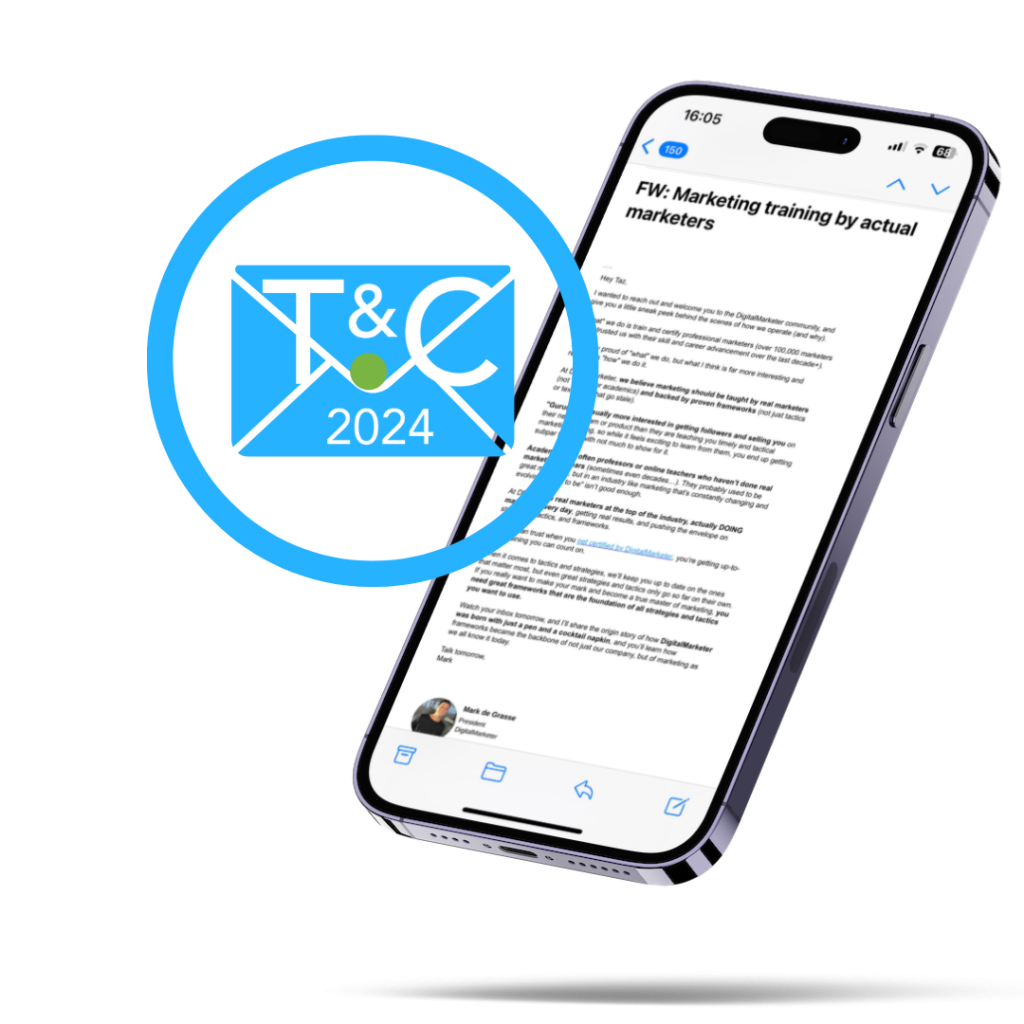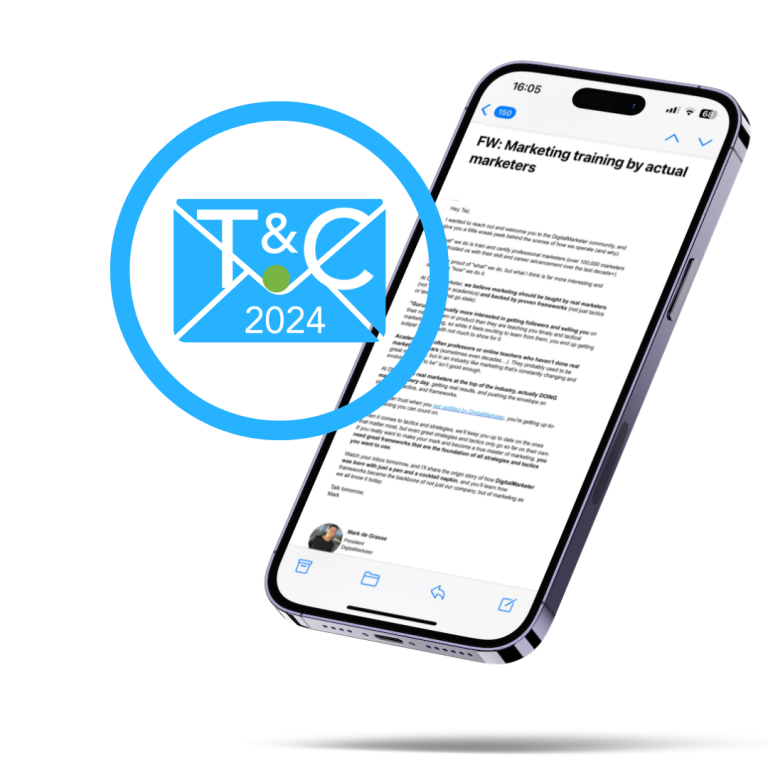Are You Marketing Products or Habits?
You sell products and services, but what should you be marketing?
In his talk at 2021’s Traffic and Conversion Summit, BankAccountBuilders LLC CEO Joseph Lazukin weighs in with why marketing to people’s habits is the key to sales. You’ll also get tips for maximizing your marketing efforts using this strategy.
Habit Marketing 101
When you think about brushing your teeth, you think about toothpaste. And when you think about toothpaste, you think about that tingling feeling and foaming.
But you know what? Neither of these things actually contribute to making your teeth cleaner. However, they ARE part of the habit you associate with brushing your teeth.
People are habitual, and this is what habit marketing is all about. When you’re trying to generate business, you shouldn’t be thinking about marketing your products. You should be thinking about marketing to the habits that create demand for your products.
This is habit marketing, and it’s the key to growing your brand.
Habit marketing doesn’t just apply to products. It goes for services, too. Take content marketing, for example. If you create consistent content on a schedule, you create a habit loop that will keep people coming back for more.
Habit Loops and Marketing
So what is a habit loop, exactly? Habit loops start with a cue, a reminder or trigger that kicks off a habitual behavior or routine. This leads to the reward, which is what that behavior or routine does for you.
Overtime, your brain puts all of these things together, leading to a “loop.” As they pertain to human behavior, habit loops can be both good and bad. But they’re a powerful tool for marketers.
For example, brands can put certain information in front of you — like coupons — to manipulate you into certain behaviors that lead to certain rewards. Thanks to habit loops, customers are willing to pay for future positive experiences.
5 Steps to Habit Marketing
Lazukin’s five steps to habit marketing include:
- Create temptation through marketing
- Outline the desired action
- Have a clear “feel good” reward
- Double down to “delight” the customers
- Repeat actions to reinforce behaviors
“Winning” on Different Platforms
Lazukin weighed in with tips for “winning” at habit marketing on different platforms. For example: if you’re marketing on social media, he recommends using formula in which you:
- Get their attention with a 3-second “hook”
- Outline the problem
- Show why people ordered the product
- Show how the user feels now
- Reframe the problem in terms of the desired action—> buying your product (AKA a CTA)
Another tip? Use the power of “crowd reinforcement psychology” to promote “mirroring habits” by showing at least six people having the same emotional response to a product.
And this is just one way example. Lazukin also shared strategies for winning with habit marketing on the following platforms:
- Video
- Bing/Google
- YouTube
One last takeaway? The best way to create quick habits is to deliver great experiences. The results of doing will yield many benefits for your business and brand, including:
- More repeat customers
- Higher lifetime value
- Increased average order value






